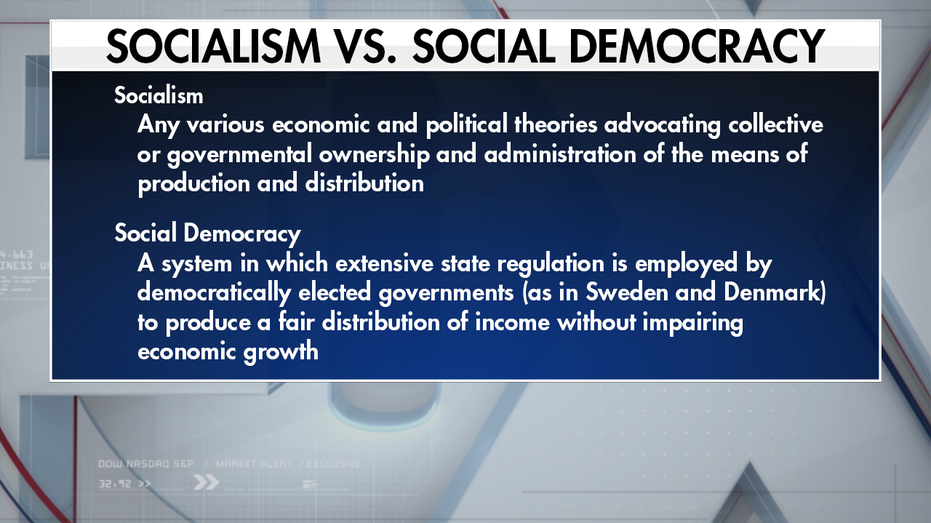

„Beyond Authoritarianism and Totalitarianism: Strategies for Democratization.“ The Washington Quarterly 12 (Winter): 141–163ĭiamond, Larry. Baltimore: Johns Hopkins Press.ĭiamond, Larry. Boulder, CO: Lynne Rienner.ĭauer, Manning. 53–104 in Democracy in Developing Countries: Asia, edited by L. „India: Democratic Becoming and Combined Development.“ Pp.

New Haven: Yale University Press.ĭas Gupta, Jyotirindra 1989. New Haven: Yale University Press.ĭahl, Robert. After the Revolution: Authority in a Good Society. „National Political Development: Measurement and Analysis.“ American Sociological Review 28: 253–64.ĭahl, Robert. „Income Inequality Among LDCs: A Comparative Analysis of Alternative Perspectives.“ International Studies Quarterly 33:45–65.Ĭutright, Phillips. New York: Political Science Classics.Ĭhan, Steve. New York: Oxford University Press.Ĭalhoun, John. „Political Democracy and the Size Distribution of Income.“ American Sociological Review 50: 438–457.īryce, James 1901. „Economic and Noneconomic Determinants of Political Democracy in the 1960s.“ Research in Political Sociology 1: 27–48.īollen, Kenneth and Robert Jackman. „Issues in the Comparative Measurement of Political Democracy.“ American Sociological Review 45: 370–390.īollen, Kenneth and Robert Jackman. „Political Democracy and the Timing of Development.“ American Sociological Review 44: 572–587.īollen, Kenneth. Minneapolis: University of Minnesota Press.īollen, Kenneth. The Future of Democracy: A Defense of the Rules of the Game. „The Uncertain Triumph of Democratic Capitalism.“ Journal of Democracy 3 (July): 7–17.īlondel, Jean. Will the Soviet Union Survive Until 1984?. 34–42 in Political Behavior, a Reader in Theory and Research, edited by H. The Future of Liberal Revolution, New Haven: Yale University Press.Īlmond, Gabriel. „Rethinking African Democracy.“ Journal of Democracy 2 (Winter): 32–47.Īckerman, Bruce. However, through not fully democratic, „more than 30 African countries are in the process of transition from an authoritarian civilian or military government to one that is more pluralistic“ (Schneidman, 1992, 1 Diamond, 1992b, 38–39 Diamond, 1993b 3–4).*Īke, Claude. Democracy is weakest in Islamic countries, where, as will be discussed later, few nations are democratic, and in parts of Africa. As of 1993 over half, 99 out of 186 countries, have competitive elections and various guarantees of political and individual rights, over twice the number two decades earlier in 1970 ( Freedom Review, 1993, 3–4, 10). Not long ago, the overwhelming majority of the members of the United Nations had authoritarian systems. The recent expansion of democracy, what Samuel Huntington (1991) has called „the third wave,“ started in the mid-1970s, first in southern Europe, then throughout Latin America and Asian countries like Korea, Thailand and the Philippines in the early and mid-1980s, as well as in eastern Europe and the Soviet Union in the late 1980s and early 1990s, and parts of sub-Saharan Africa in the same period.


 0 kommentar(er)
0 kommentar(er)
